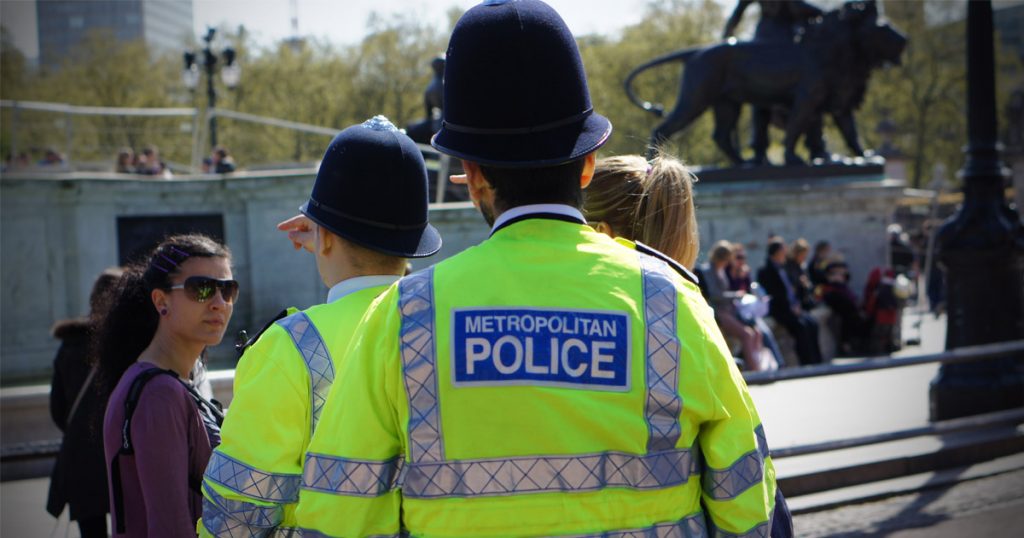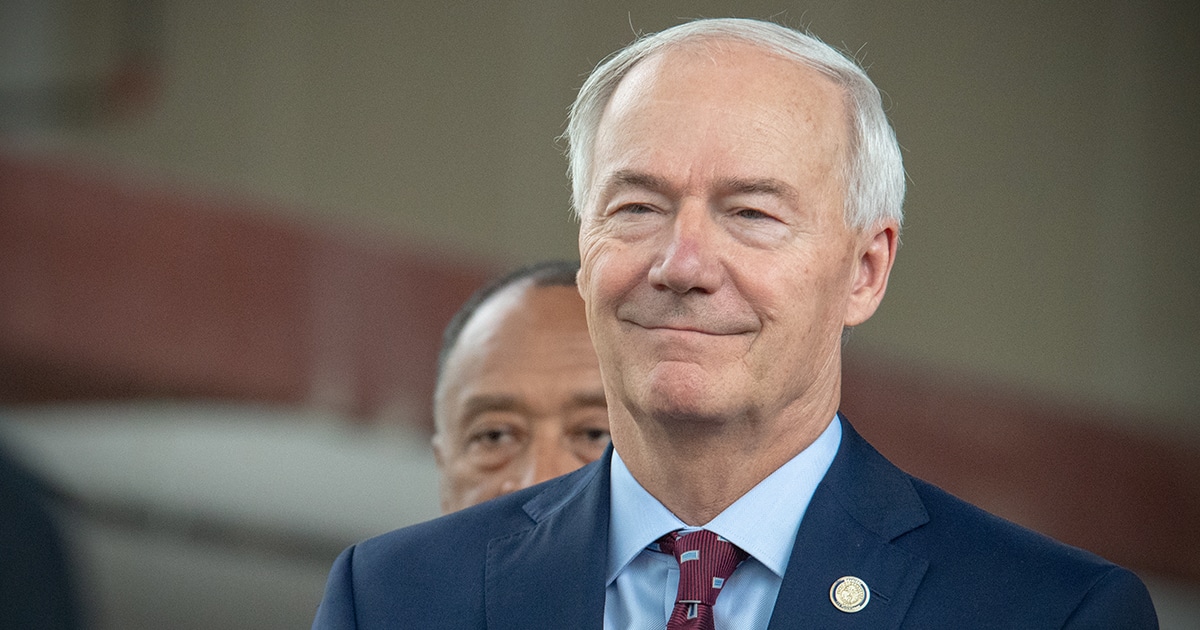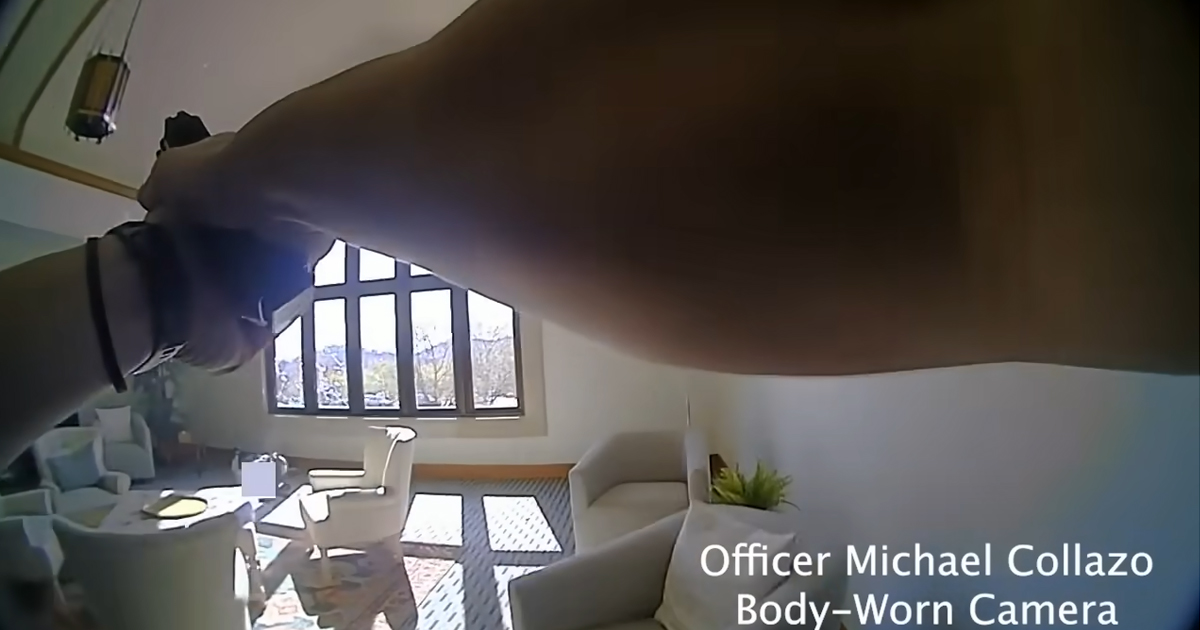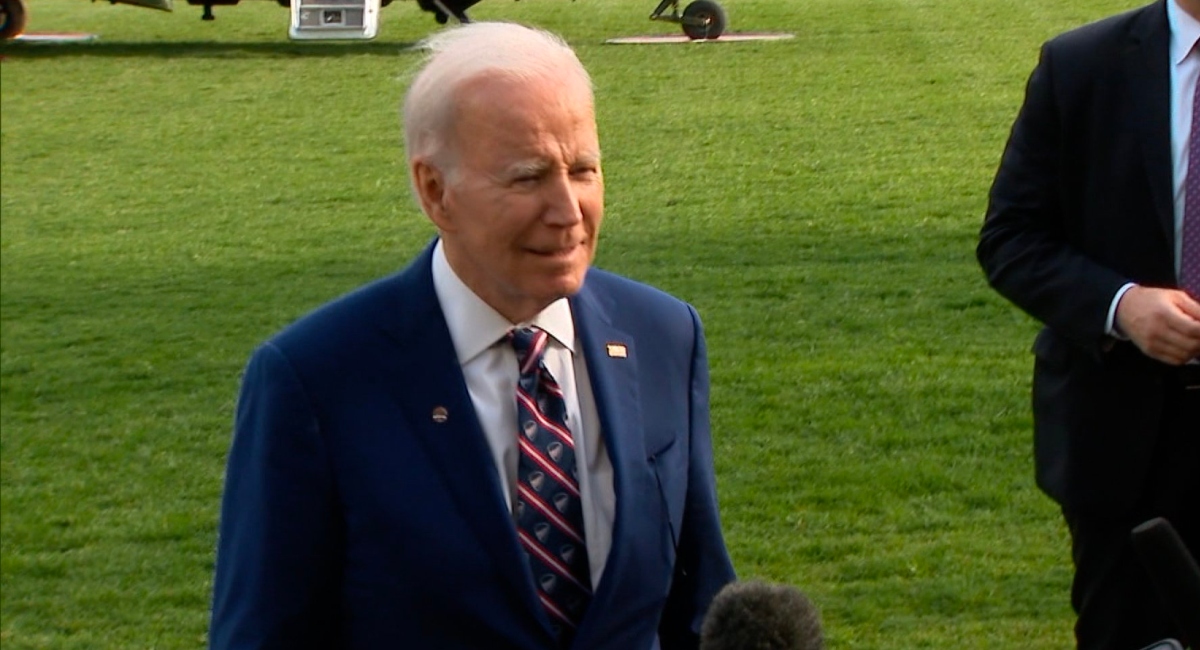The Metropolitan Police are recruiting officers who can barely write in English in order to improve diversity in the force.
In 2014, the then Metropolitan Police Commissioner, Dame Cressida Dick, said that by 2023, the force would aim to massively increase the number of officers from ethnic minority backgrounds, to at least 40% of the total. Since then, the force has attempted to recruit more diverse officers, but so far, they only account for less than 17%.
Speaking to the Telegraph, Matt Parr, of His Majesty’s Inspectorate of Constabulary, the organization responsible for inspecting the British police forces, said that he and the Inspectorate support the idea that London, “which will likely be a minority white city in the next decade or so, should not be policed by an overwhelmingly white police force.”
Parr said it was wrong not just from a legitimacy and “appearances” point of view, but also “operationally wrong because it means that the Met does not get insight into some of the communities it polices and that has caused problems in the past. So we completely support the drive to make the Met much more representative of the community it serves than it is at the moment.”
However, he warned that the push for greater diversity meant that the Metropolitan Police ran the risk of “recruiting the wrong people.”
Reports have allegedly emerged from officers in police training schools who say that “they are taking in significant numbers of people who are, on paper at least, functionally illiterate in English,” and are unable to even write up basic crime reports. “So in that drive, there is at least anecdotal evidence that they have lowered standards,” he added.
Parr noted that in London, young black men are the most likely to have been involved with crime in the past and that it was good that the Met was “taking a risk” by looking to recruit more of them. Yet he said that a review by the HMI of police vetting procedures of minorities suggested they were taking far too much risk with diverse candidates a lot of the time.
“Everyone is trying to do the right thing here and they are all acting from noble motives by and large but the upshot is they are taking too much risk with people and where they are taking a risk – and I would support them in taking a risk – they are not managing it properly as well,” he noted.
David Spencer, a former officer of the Metropolitan Police, who now serves as the head of crime and justice at the think tank, Policy Exchange, confirmed that diversity pushes are likely to lead to much lower standards overall.
“There is a tension between volume, quality, and diversity and something has to give,” Spencer explained. “Someone has to ask what is the most important of those three things and you have to be really careful because once you have recruited someone they are possibly going to be there for the next 30 years.”
In July of last year, British police were instructed to no longer record or investigate “trivial or irrational” online disputes reported as non-crime hate incidents, while in April, a senior police officer warned that staring at women on trains could amount to criminal sexual harassment.






